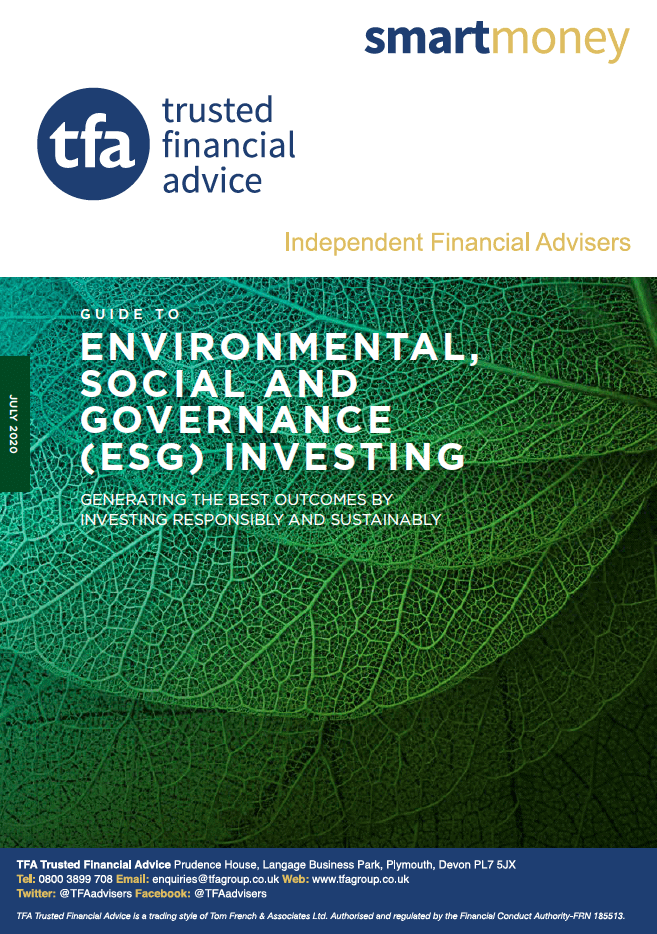Guide to ESG Investing
Introduction to ESG Investing
Environmental, Social, and Governance (ESG) investing is no longer a niche approach associated with reduced returns. It has emerged as a market-leading strategy, benefiting investors, the planet, and communities alike. The COVID-19 pandemic underscored the fragility of our interconnected world and accelerated the demand for sustainable investment practices .
The Evolution of ESG Investing
The ESG concept was first introduced in the 2004 United Nations report, Who Cares Wins, emphasising the societal and financial benefits of including ESG principles in investment strategies. Today, ESG investing has grown to encompass more than just an investment criterion; it is a holistic method to align financial goals with ethical values. However, like all investing, ESG carries risks, and it should be viewed as a long-term commitment, ideally over five years .
Benefits of ESG Alignment
A meta-study by the University of Oxford revealed that companies embracing sustainability perform better operationally and achieve superior stock market performance compared to businesses with lower ESG ratings. This correlation between ESG practices and business outcomes has driven companies to prioritise sustainability.
Key ESG Components
1. Environmental Factors: This includes evaluations of a company’s carbon footprint, waste management, energy efficiency, and adherence to environmental regulations. Businesses that fail to address these factors may face regulatory or reputational risks .
2. Social Factors: These examine company practices in diversity and inclusion, employee treatment, supply chain ethics, and data security. Companies prioritizing social well-being often enjoy stronger customer loyalty and workforce morale .
3. Governance Factors: Good governance practices include transparency in decision-making, fair executive compensation, and conflict-of-interest management. Investors favor companies with ethical business practices and board diversity .
ESG Scoring and Ratings
ESG ratings objectively assess a company’s commitment to sustainability. Ratings differ across sectors, as environmental, social, and governance factors are weighted based on relevance to the industry. For instance, not all oil companies receive low ESG scores, and not all tech companies achieve high ratings.
The Rise of Conscious Investors
ESG integration spans all asset classes. Millennials, in particular, prioritise ESG factors in their investment decisions, seeking instruments like green bonds and sustainability-focused funds. Investors today recognise the dual potential of achieving profits while making meaningful contributions to societal and environmental challenges.
The Future of ESG Investing
As global challenges, such as climate breakdown, pollution, and inequality intensify, investors are increasingly directing capital toward sustainable solutions. ESG investing offers an opportunity to generate returns while proactively addressing pressing societal issues. For more insights, download our comprehensive Guide to Environmental, Social, and Governance (ESG) Investing .
Explore ESG Opportunities with Us
Stay ahead with expert insights, latest investment news, and strategic financial planning tips. Contact us today to learn more about ESG-driven strategies tailored to your financial goals.

